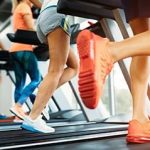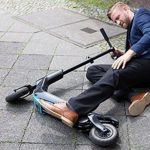
Your office chair could be a killer. New research shows that folks who spent most of their workday sitting were 16% more prone to an early death, compared to folks in non-sitting jobs. The Taiwanese study did offer workers a glimmer of hope, however: Getting up & moving a bit during the workday or adding a bit of leisure-time exercise greatly reduced the risk. The researchers hope that, someday, days spent sitting for work might be looked upon as just another unwanted, unhealthy habit. “Prolonged occupational sitting is [now] considered normal,” the investigators said. But more information on just how fatal a life spent sitting can be may “denormalize this common behavior, similar to the processes of denormalizing smoking.” The study was led by Dr. Chi-Pang Wen of the National Health Research Institute in Zhunan, Taiwan. It was published Jan. 19 in the journal JAMA Network Open. Numerous studies have already found that as hours per day spent sitting rise, health declines. And sitting’s dangers may not be simply that sitting equals time not spent in activity. There could be something specific to the posture of sitting that is especially harmful, the research team said. Sitting may bring about a weakening of the legs and trunk and “increased blood flow to lower extremities,” as well as low-grade inflammation, Wen’s group explained. In turn, that could… read on > read on >


















